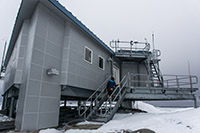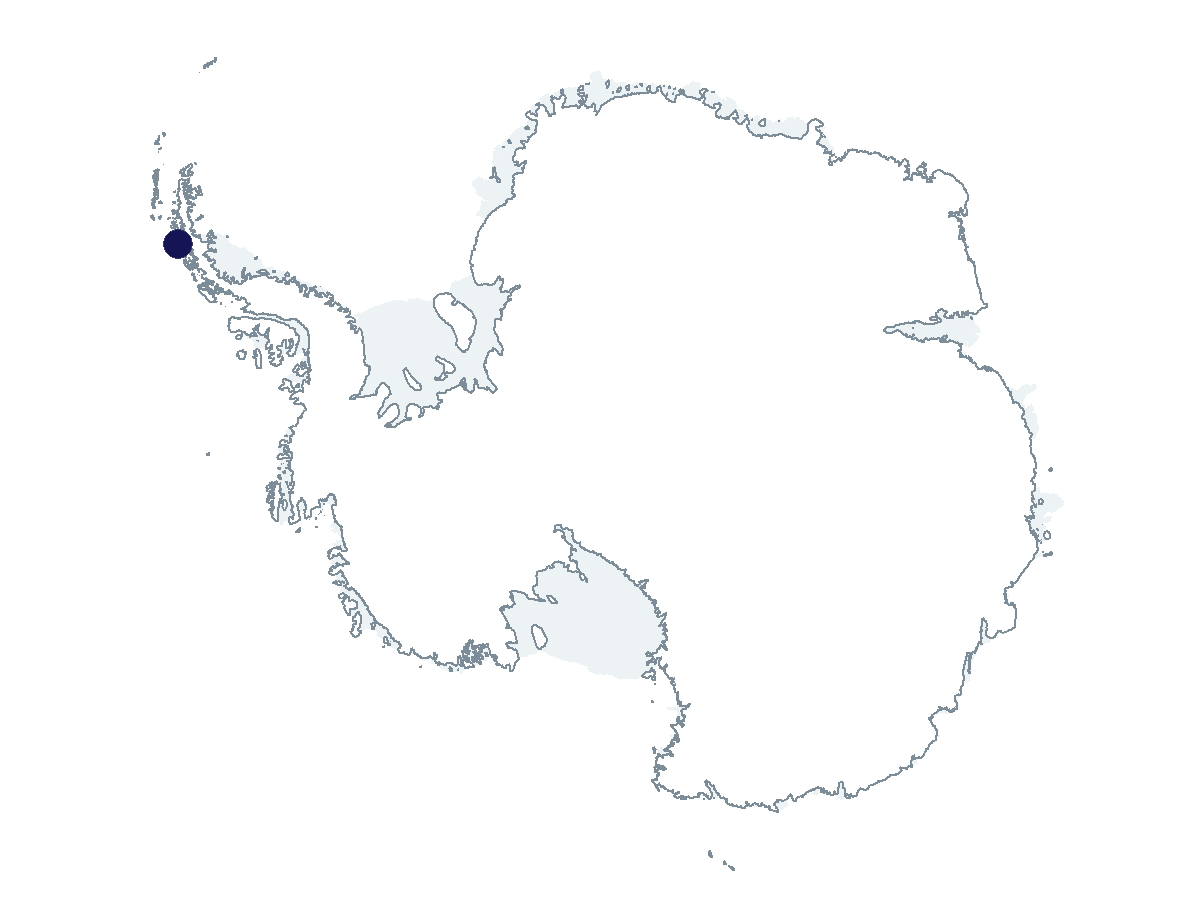2022-2023 USAP Field Season
Project Detail Project TitleOperation and Maintenance of a CTBT Radionuclide Monitoring Station at Palmer Station Summary
Event Number:
Program Director:
ASC POC/Implementer: Principal Investigator(s)
Mr. David G Williams
Project Web Site: Location
Supporting Stations: Palmer Station DescriptionThis project services and calibrates the automated radionuclide air-particulate (RN73 RASA) monitoring system in the International Monitoring Station (IMS) building (i.e., Terra Lab) at Palmer Station. The IMS continuously collects and automatically analyzes daily air samples for radiation. The collected filter-media samples from the RASA are sent to Vienna, Austria quarterly for archiving. Filter samples are shipped, upon request, to various laboratories elsewhere in the world. Field Season OverviewThe project operates, maintains and sustains the RN73 RASA monitoring instrument. The RASA continuously collects and analyzes daily air samples for radiation. General Dynamics Mission Systems (GDMS) ships consumables for standard operation on an annual basis to RN73. The USAP provides year-round, on-site support by the ASC research associate (RA) to help operate and maintain the RASA. In addition, General Dynamics engineer(s) deploy each season for maintenance of the RASA, network switches, the uninterruptable power supply (UPS), computers, and other station-related hardware. Training for the RA is conducted by GDMS and includes a site visit to the GDMS offices in Chantilly, Virginia for two days prior to initial deployment. One participant will deploy in 2023, and they may be tasked with replacing the filter transport system in the instrument. |
2022-2023 Science Planning Summary



For USAP Participants |
For The Public |
For Researchers and EducatorsContact UsU.S. National Science FoundationOffice of Polar Programs Geosciences Directorate 2415 Eisenhower Avenue, Suite W7100 Alexandria, VA 22314 Sign up for the NSF Office of Polar Programs newsletter and events. Feedback Form |


